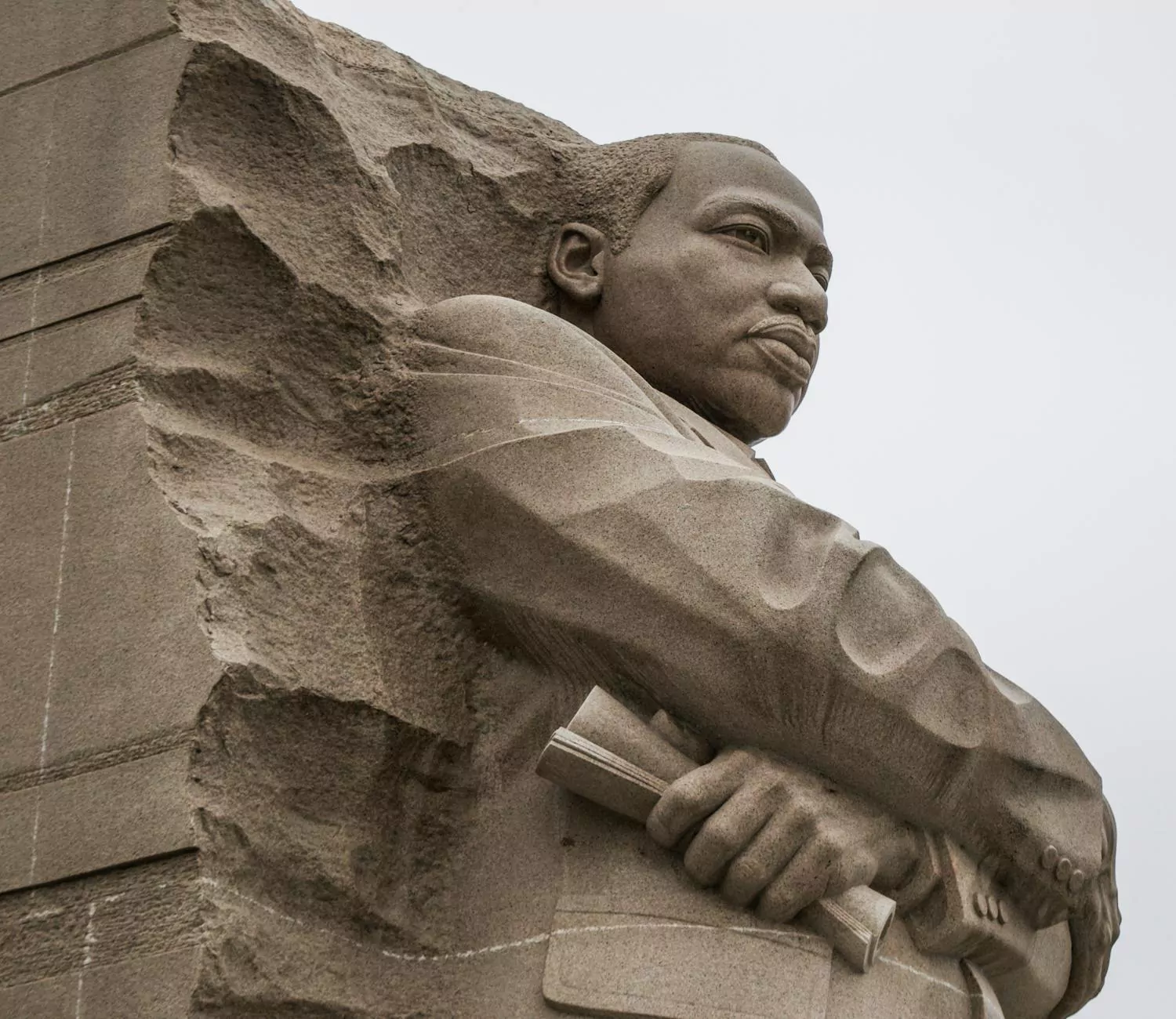5 Things You Might Not Know About Martin Luther King Jr.

The Early Life of Martin Luther King Jr.
Martin Luther King Jr., born on January 15, 1929, in Atlanta, Georgia, was a prominent leader in the American civil rights movement. Many are aware of his iconic "I Have a Dream" speech and his tireless efforts to combat racial inequality, but there are several lesser-known aspects of his life that deserve recognition.
Achievements Beyond Civil Rights
While Martin Luther King Jr.'s contributions to the civil rights movement are widely celebrated, his achievements extended far beyond that realm. He was a strong advocate for economic justice, fighting poverty, and promoting education. King believed that these issues were interconnected with racial equality and worked tirelessly to address them.
The Influence of Mahatma Gandhi
Mahatma Gandhi's philosophy of nonviolent resistance deeply influenced Martin Luther King Jr. King admired Gandhi's success in India's struggle for independence and incorporated similar nonviolent strategies into the American civil rights movement. This approach was instrumental in bringing about profound social change without resorting to violence.
Personal Life and Legacy
While Martin Luther King Jr. was dedicated to his cause, he also had a rich personal life. He married Coretta Scott King in 1953, and they had four children together. King's family played a vital role in his activism and experienced the challenges and dangers associated with his work.
The Nobel Peace Prize
In 1964, Martin Luther King Jr. received the Nobel Peace Prize for his nonviolent resistance to racial inequality. He was the youngest person at the time to receive this prestigious recognition. The award not only acknowledged his efforts in the civil rights movement but also highlighted the importance of his message on a global scale.
Legacy and Continuing Impact
The impact of Martin Luther King Jr.'s work can still be felt today. His dedication to achieving equality and justice for all has inspired generations of activists and leaders. The Martin Luther King Jr. National Historic Site in Atlanta, Georgia, stands as a testament to his legacy, preserving important landmarks and providing educational resources.
Influence on Society
Martin Luther King Jr.'s influence extends far beyond his lifetime. His powerful speeches, philosophy, and organizing techniques laid the foundation for future movements and continue to shape discussions on civil rights, social justice, and equality. His work remains relevant as society strives for a more just and inclusive future.
The Continuation of King's Dream
While progress has been made since Martin Luther King Jr.'s time, the fight for equality and justice is ongoing. It is essential to honor his memory by actively engaging in efforts that further his vision of a harmonious society, free from discrimination and oppression. By educating ourselves and working together, we can continue to build upon the legacy of this remarkable leader.
Impact on Education
Martin Luther King Jr. recognized the transformative power of education and its role in fostering social change. He believed that education should be accessible to all, regardless of one's race or socioeconomic background. Through his advocacy and leadership, King paved the way for increased opportunities in education and inspired students to become catalysts for positive change.
Conclusion
Martin Luther King Jr. was a towering figure who made significant contributions to the struggle for civil rights and social justice. While his iconic speeches and role in the civil rights movement are widely known, there is much more to his life and legacy than meets the eye. By exploring the lesser-known aspects of his life, such as his achievements beyond civil rights, the influence of Mahatma Gandhi, his personal life, and continuing impact on society, we gain a deeper understanding of his profound contributions. Let us honor his memory by working towards a more inclusive and equitable world, guided by his principles of nonviolence, justice, and equality.










